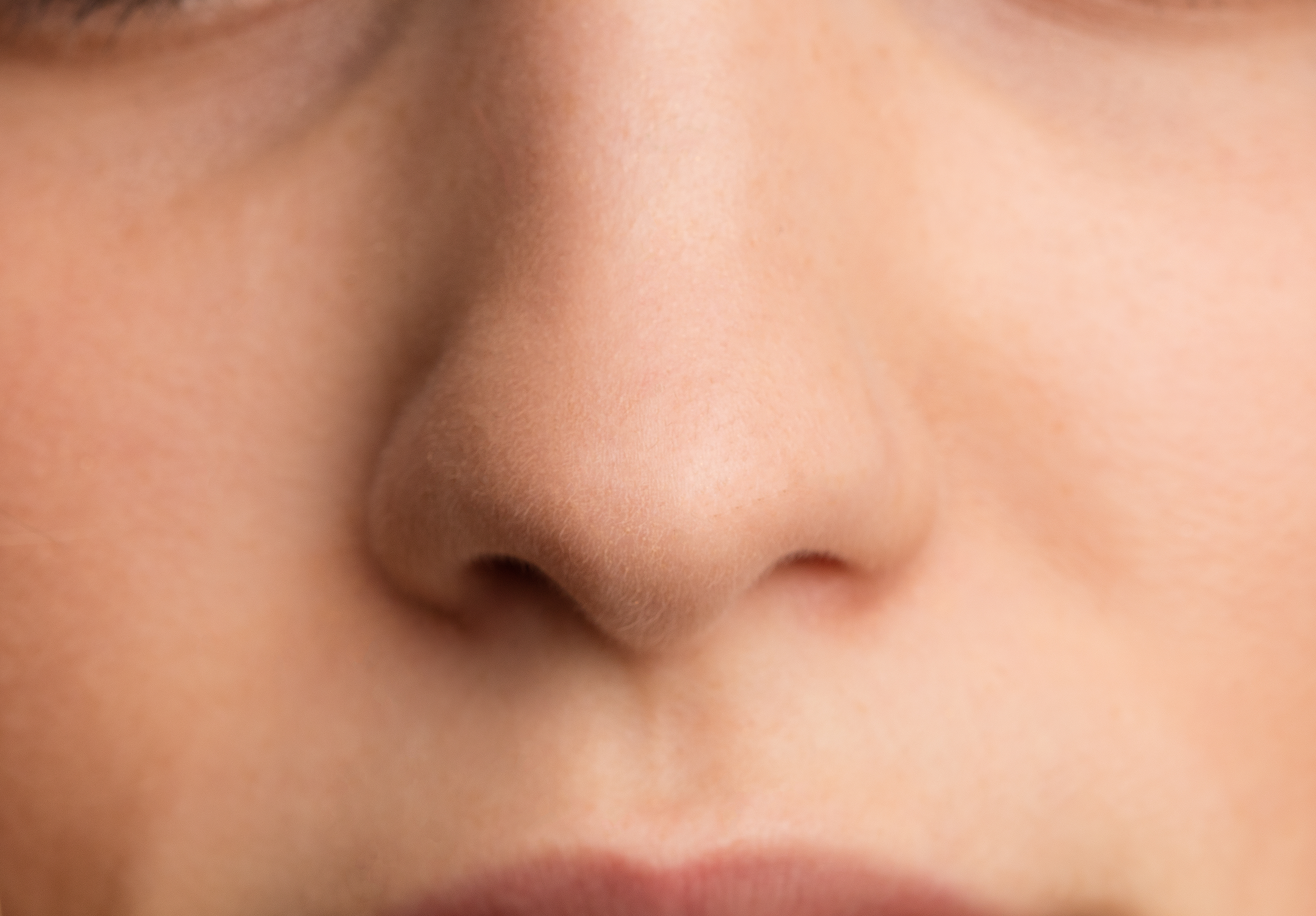
nose
Definition
Our nose is the organ that we use to smell. It is located in the middle of our face and it is made up of bone, cartilage, and muscle. The nose has two nostrils, which are openings that allow air to enter the nose.
The inside of the nose is lined with a moist membrane that contains tiny hairs. These hairs help to filter the air that enters the nose and they also help to trap dust and dirt. The moist membrane also contains special cells that can detect different smells.
When we smell something, the molecules of the smell travel up the nose and into the moist membrane. The special cells in the membrane then send signals to the brain, which interprets the signals as different smells.
Our nose is important for many reasons. It allows us to smell different things, which can help us to enjoy our food, stay safe, and avoid danger. It also helps to regulate our breathing and to warm the air that we breathe in.
How can the word be used?
The word "nose" is related to the words "nostril" and "nasal.".

Different forms of the word
Noun: The part of the face that projects forward and contains the nostrils.
Verb: To perceive or detect something by smell.
Adjective: Relating to the nose.
Etymology
The word "nose" comes from the Old English word "nosu," which is also the source of the Dutch word "neus" and the German word "Nase." The Old English word "nosu" is thought to be related to the Proto-Germanic word "nasu," which also means "nose.".
The word "nose" was first used in English in the 8th century. It was used to refer to the part of the face that projects forward and contains the nostrils.
Question
Why is your nose important?